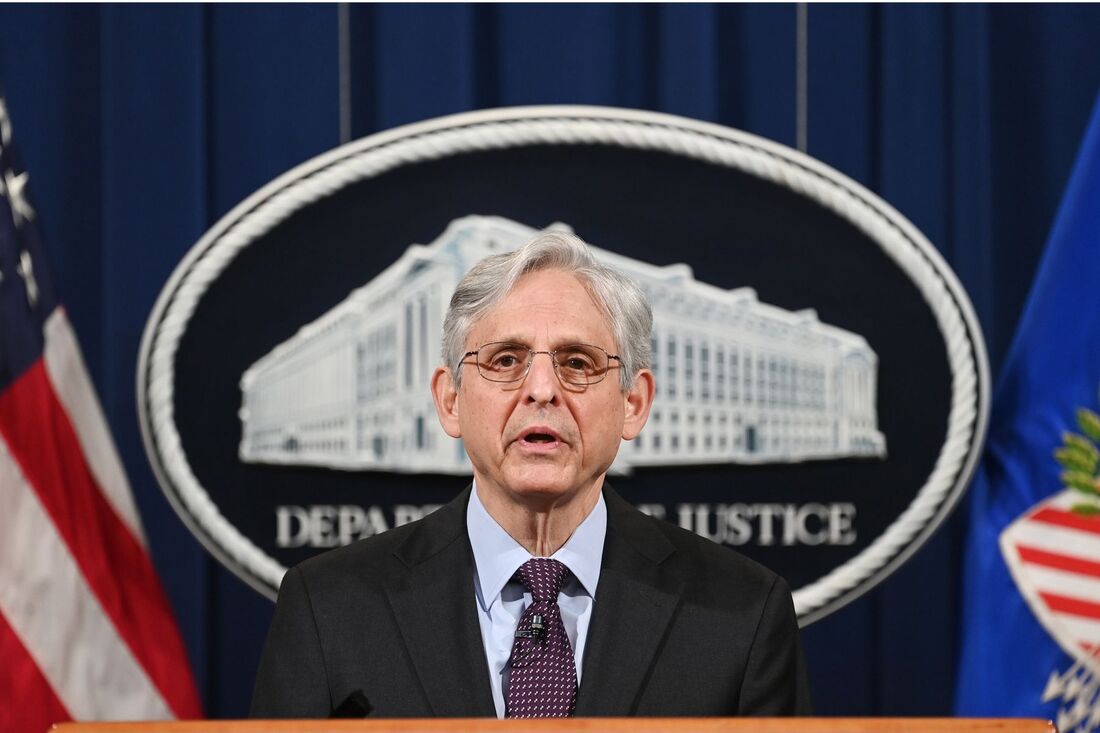|
“This weekend’s announcement by the Department of Justice that it will no longer seize reporters’ records in leak investigations is a win for civil liberties,” said Rick Boucher, senior policy advisor of Protect The 1st. “But it is not nearly enough to protect the flow of information that journalists facilitate.
“The DOJ’s action, unless buttressed by formal guidelines, could easily be reversed by a future administration,” the former Democratic congressman from Virginia said. “We need new formal DOJ guidelines if we are to have a lasting, meaningful protection for freedom of the press.” Boucher praised President Joe Biden and Attorney General Merrick Garland for acting with alacrity after Charlie Savage and Katie Benner of The New York Times reported Justice Department lawyers had for months fought a secret legal battle to access the email logs of four reporters. DOJ had previously seized these reporters’ phone records. We need new DOJ guidelines if we are to have a lasting, meaningful protection for freedom of the press. During the Trump Administration, the government obtained a secret court order to seize phone and email records from CNN Pentagon correspondent Barbara Starr. In the Obama Administration, government lawyers seized phone records from the Associated Press, as well as executing a search warrant for the emails of Fox News reporter James Rosen. Boucher said Protect The 1st would urge the Biden Administration to “finish the job” by enacting formal Department of Justice guidelines restricting the ability of government prosecutors to access reporters’ records and the identity of confidential news sources. “The surveillance of journalists is a bipartisan temptation. It demands a bipartisan solution,” Boucher said. Boucher said Protect The 1st will also push to revive federal legislation, The Free Flow of Information Act, endorsed by President Obama late in his administration, and supported in the past by many Republicans, including Sen. Lindsey Graham. The legislation would provide to journalists a qualified privilege to refrain from revealing confidential news sources. “Treating a reporter’s sources as a fishing pond should be a no-go,” Boucher said. Comments are closed.
|
Archives
June 2024
Categories
All
|
ABOUT |
ISSUES |
TAKE ACTION |



 RSS Feed
RSS Feed